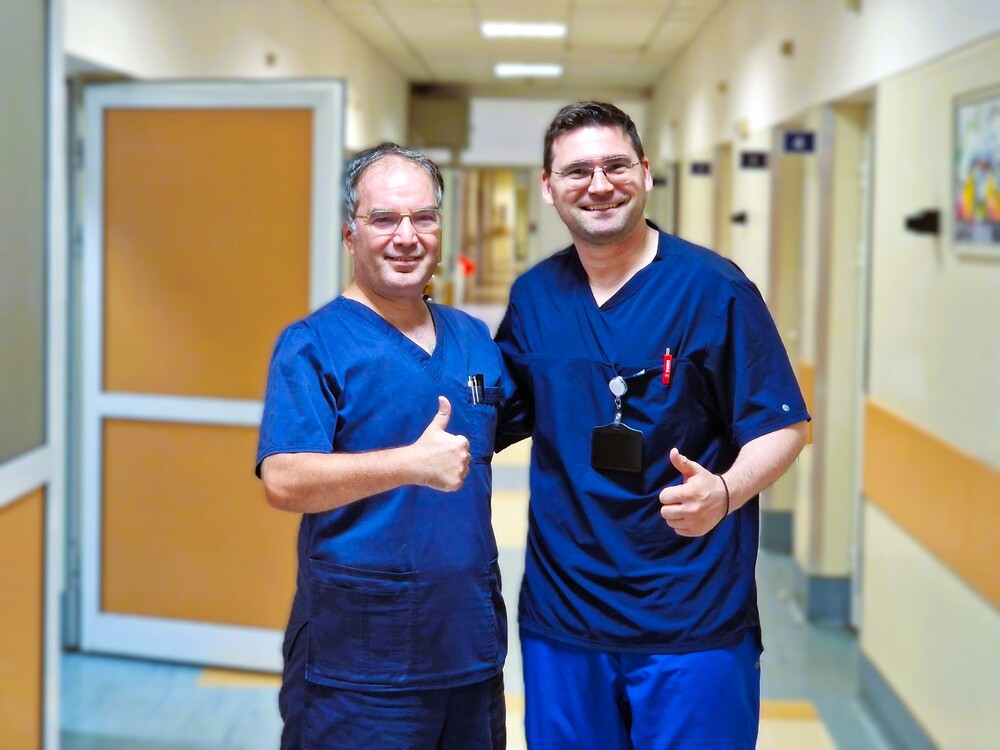site.btaLarge-Scale Genomic Cancer Research by Bulgarian Doctors Published Internationally


A multidisciplinary medical team has conducted one of few large-scale and costly studies in Bulgaria involving next-generation sequencing (NGS), the most advanced DNA analysis technology available. The study builds on the results of major international registry trials, which were conducted without such detailed gene-specific analysis, according to a press release this week from Queen Joanna – ISUL Hospital in Sofia.
The results of the study have been accepted for publication in the prestigious New York-based journal Clinical Genitourinary Cancer, published by Elsevier, which ranks in the first quartile for oncology-related scientific metrics.
The aim of the study, which involved over 200 patients with advanced prostate cancer, was to determine how different gene mutations affect the efficacy of modern targeted therapies using PARP inhibitors. The results show that the effect of treatment directly depends on the type of genetic alterations.
The study was carried out by a team of oncologists, urologists, geneticists, pathologists, and bioinformaticians. The first and senior authors are Georgi Dimitrov, MD, an oncologist at the Medical Oncology Clinic of Queen Joanna – ISUL Hospital, and Elenko Popov, MD, a urologist from the hospital’s Urology Clinic.
“What we proved with our study is that even though some mutations fall under the same umbrella, different driver mutations lead to different outcomes. For example, effector-type mutations show very good results, while sensor-type mutations leave room for improvement, even though both are classified under the common HRD status and are approved for treatment with this medication,” explained Dr Dimitrov.
“Our study is a pioneering effort for Bulgaria and demonstrates that high-tech and high-cost methods can be successfully applied here as well, putting the country on the map of modern precision oncology,” added Dr Popov.
/VE/
news.modal.header
news.modal.text